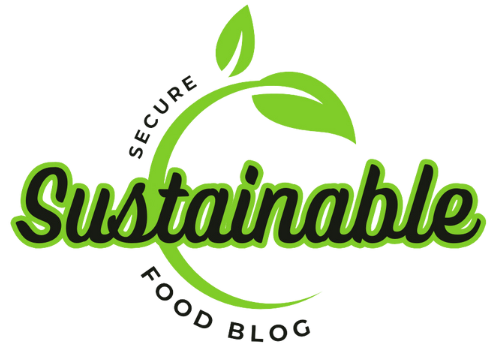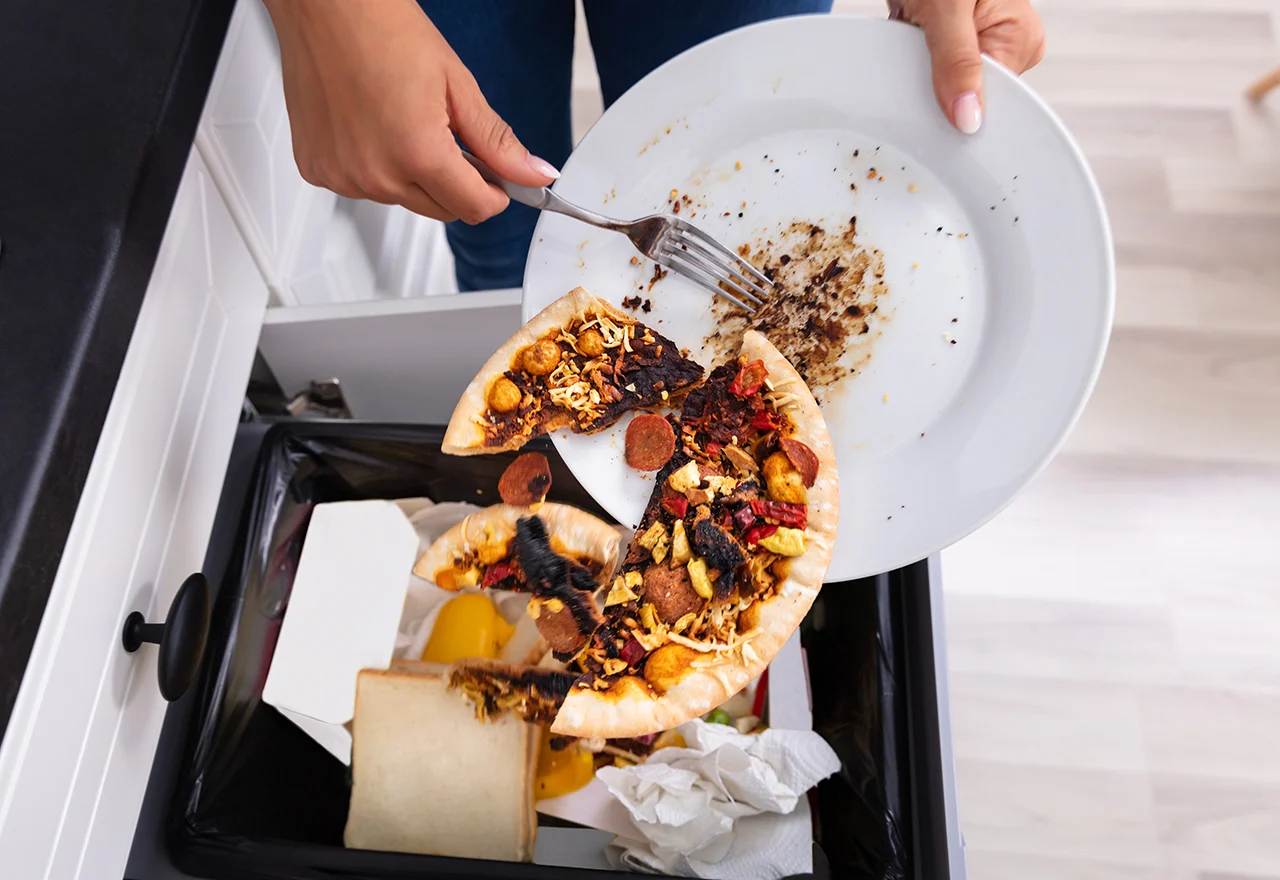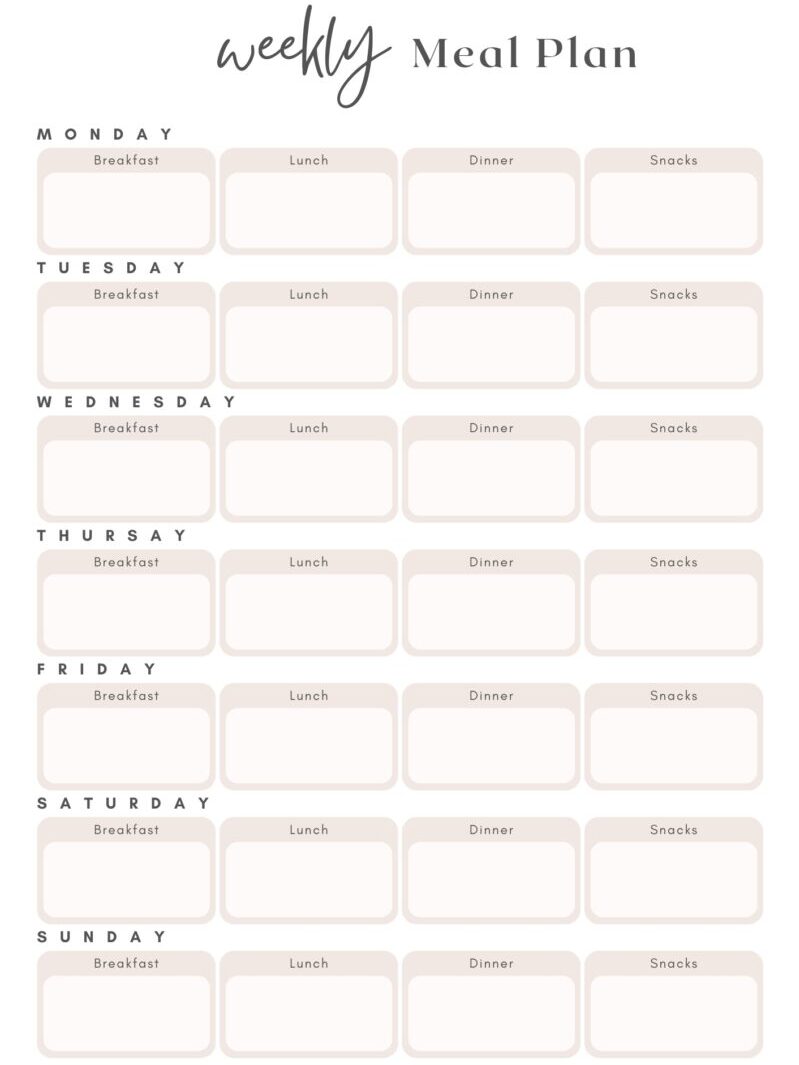I was bothered by the amount of food waste my family was producing. So I decided to take stock of what foods were most often ending up in the trash. Things like partially used carrots and other veggies seemed to go bad quickly.
I started implementing some strategies to cut down on waste. For one, I planned meals to use up items closer to their expiration dates. I also only took out smaller portions from the fridge to reduce over-prepping.
This is my journey of reducing food waste. I hope it helps you too.
Bulk Buying and Meal Planning
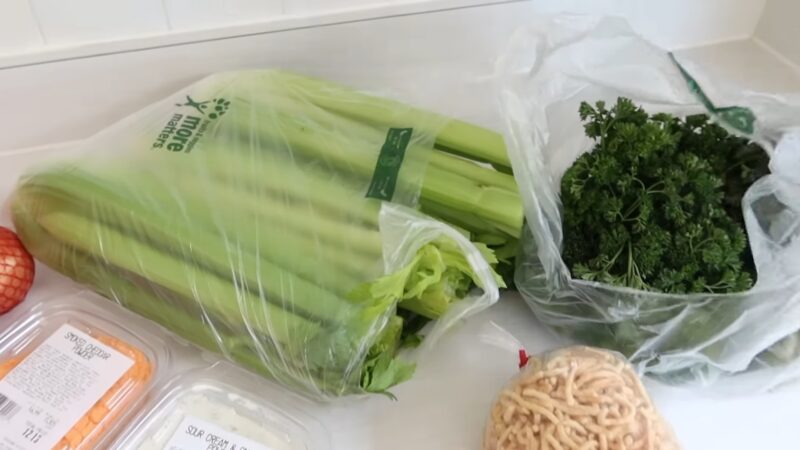
Switching to bulk buying has been convenient and affordable. I can purchase exactly as many dry goods and other staples as I need each week, which saves money compared to pre-packaged options. It eliminates a lot of excess packaging too, which is better for the environment.
Meal planning is key to making this work smoothly. On Sundays, I take time to design our menus for all seven dinners. Having a clear list in hand prevents impulse trips to the store. It ensures I only buy what will actually be consumed before going bad.
Here is an example of a weekly meal plan that you can fill in with your own dishes
Since sticking to my bulk shopping and planning system, the amount of food waste my household produces has dropped significantly. Both my wallet and principles of sustainability benefit from these small efforts.
Inventory Management
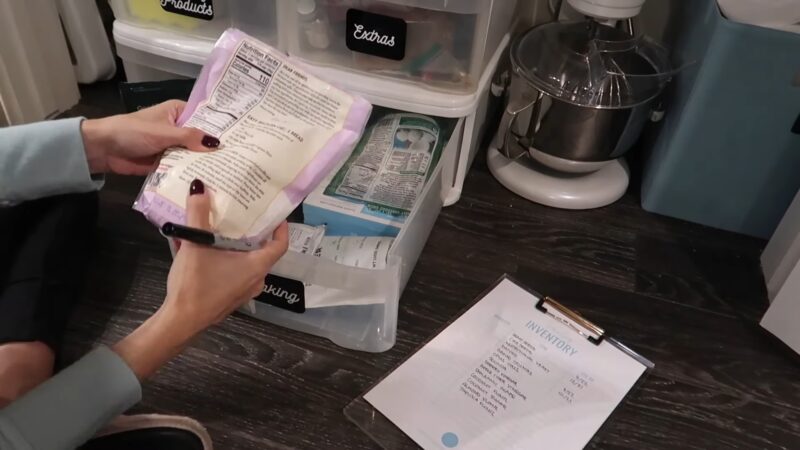
Every weekend, I take 15 minutes to fully survey my pantry, fridge, and freezer. This lets me know exactly what ingredients I have on hand and what needs to be restocked.
It prevents unnecessary purchases by showing me what’s already there. And it helps me plan meals more efficiently around using things up before they go bad deep in the fridge. No more mystery containers hiding in the back!
Keeping tabs on my supplies like this saves money at the store. It also reduces waste because everything gets eaten rather than forgotten. I’m not a perfect planner but this simple check-in system goes a long way.
Saving Leftovers
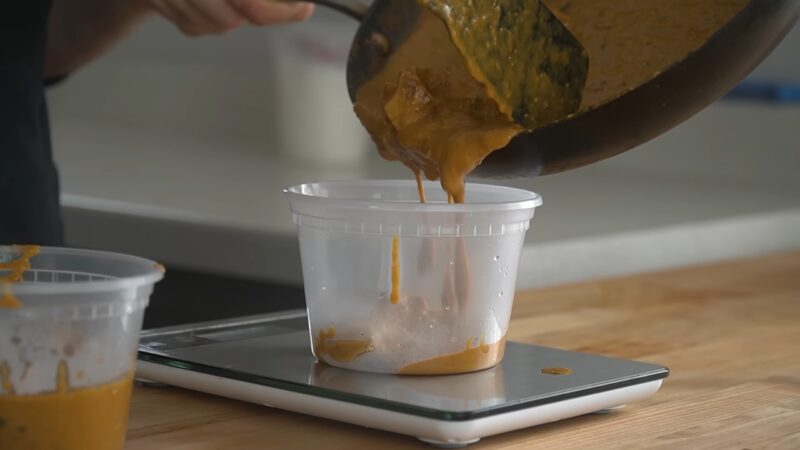
I used to let leftovers get tossed too often. Now I make sure to store them properly so they last. Small containers in the fridge keep things fresh for later in the week.
It’s easy enough to turn leftovers into something different the next day. Extra rice or pasta makes a simple fried meal, and veggie scraps get stir-fried up fast. Even chicken or beef can be reused in sandwiches or tacos.
Repurposing leftovers saves me money by not wasting food. It also saves time versus cooking entirely new dishes each day.
Smart Shopping and Storage
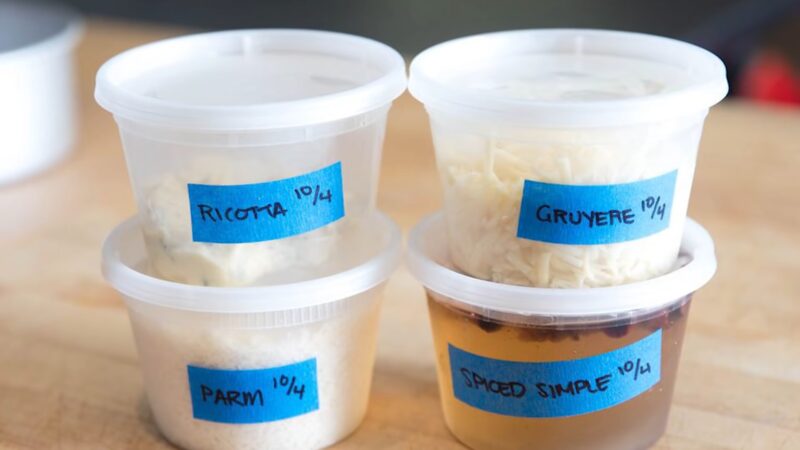
I always write a list and stick to just those items. That cuts down on unnecessary impulse spending.
Proper food storage is also key. Using clear containers lets me see exactly what’s stocked up. I make sure to use older items first so nothing gets lost at the back. This helps everything last longer while staying fresher.
Composting my fruit and veggie scrap cuts landfill waste too. With an easy-to-manage bin on the counter, those materials nourish my garden instead. The plants thrive from that natural fertilizer.
Small changes like writing lists, seeing what I have, using a first-in first-out rule, and composting scraps all add up. They save money and help the environment in simple ways that fit right into my routine.
Last Words
Taking the time to implement smarter grocery habits and make full use of what I buy has paid off. Cutting down waste through careful planning, reusable storage and simple measures like composting, has benefits beyond just dollars in my pocket too.
My home runs more efficiently this way, and less goes unused or gets tossed out needlessly each week.
